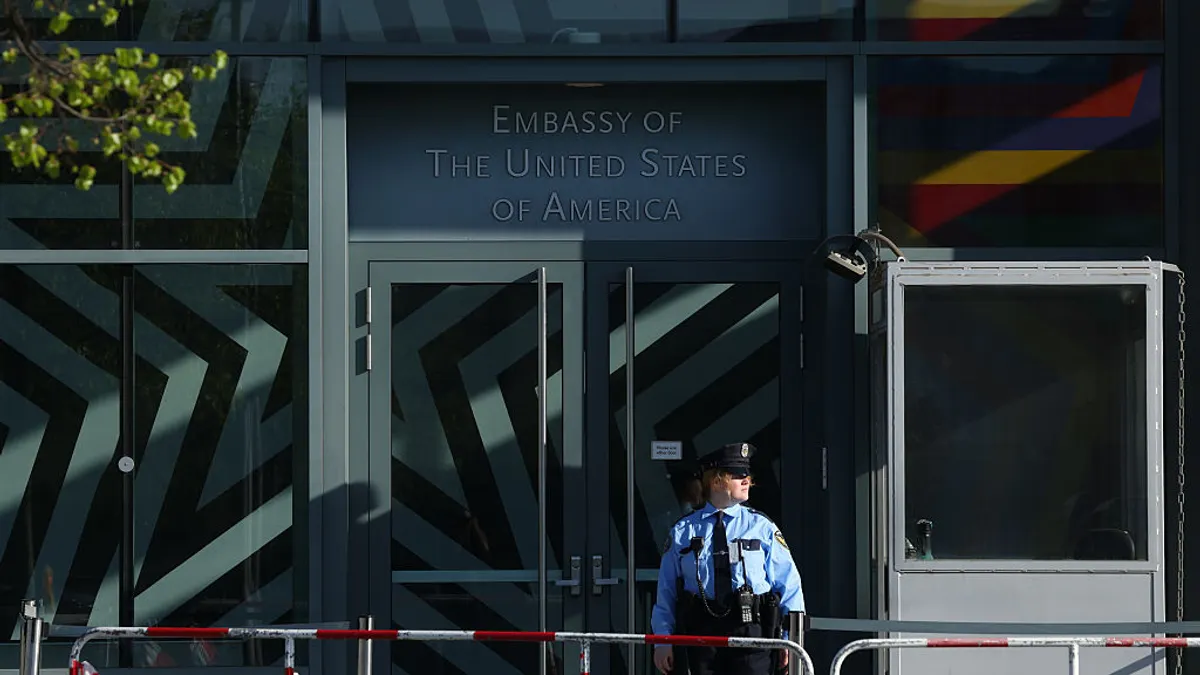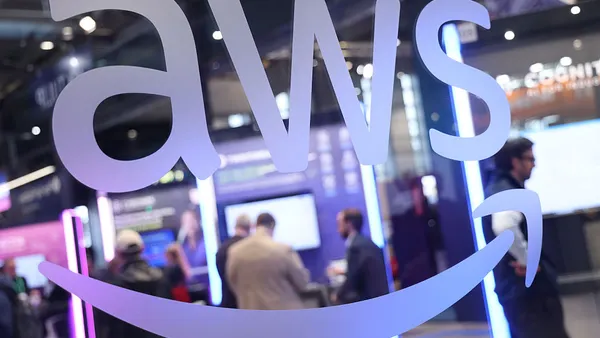U.S. companies may have increasingly slim pickings of global tech talent due in part to immigration barriers, according to a report released Oct. 23 by Specialist Staffing Group. Those limitations are already delaying or disrupting innovation projects, STEM professionals said.
Of the 5,000 STEM professionals surveyed — more than 1,000 of them based in the U.S. — 44% said they are actively exploring relocation, while 35% said they had been approached about overseas roles in the past year. In the U.S., 32% of STEM pros said they were open to relocation.
Eighty percent of those surveyed said that when teams lose members, the loss had a “moderate or severe impact,” including project delays, and nearly half said their companies struggled to replace those that left.
Notably, the Trump administration has sought to tighten and more fiercely enforce immigration laws, which has led to slower processing of visas and more vetting around work authorizations and green card petitions.
For example, due to a proclamation from President Donald Trump, all new H-1B visa petitions filed on or after Sept. 21 are subject to a $100,000 fee. U.S. Citizenship and Immigration Services clarified aspects of this order in an Oct. 20 update that included an online payment website for the fee.
The fee has already been the target of multiple lawsuits and was the topic of a letter sent by a bipartisan group of congressional lawmakers to Trump and Secretary of Commerce Howard Lutnick expressing concerns about U.S. competitiveness on the global talent market.
“The global race for STEM talent is accelerating. It’s no longer just about offering competitive salaries,” Matt McManus, president of Specialist Staffing Group, said in a statement. “Countries and companies must create environments where people want to build their futures. If we don’t act now, we risk becoming a training ground for talent that powers innovation elsewhere.”














